Is it normal to sweat after drinking alcohol? Read 7 causes of it

Hot flashes are the result — your body thinks it’s overheating, so your sweat glands go into overdrive. Excessive sweating can also be a sign of certain medical conditions, a mental health issue such as anxiety, and severe alcohol withdrawal syndrome. Understanding this relationship is crucial for making informed decisions about alcohol consumption. These effects can have far-reaching consequences on your overall health and well-being.
What are some other possible causes of night sweats?
‘, break stigmas, and discover resources for assistance and understanding. Unearth the path to recovery by finding good drug treatment centers tailored to your unique needs. Discover the deeper drugs dreams meaning—explore what these visions reveal about addiction, recovery, and your subconscious mind.
- This might involve finding alternative, alcohol-free ways to socialize or manage stress, such as taking up a new hobby or joining a sober social group.
- You deserve a fulfilling life without the constant threat of night sweats, restlessness, or health risks linked to alcohol.
- If you routinely go through withdrawal—sweating, shaking, or intense cravings—talk to your doctor about a safe plan.
- Preventing and managing night sweats for those with significant alcohol problems requires a multifaceted approach that addresses both the physical and psychological aspects of addiction.
Does sweating burn fat?
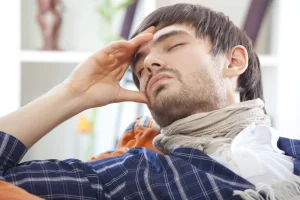
The effects of alcohol on the body are wide ranging and include our central nervous system and circulatory system. When we drink alcohol, our heart rate increases and a process called vasodilation widens our blood vessels. Many people who have hyperhidrosis feel embarrassed when they sweat or they might avoid being around other people. If this condition affects your mental health, reach out to a healthcare provider to help you manage your symptoms and a mental health professional to help you manage how you feel about your body. In general, sweating after drinking coffee is a harmless and temporary response to the stimulatory effects of caffeine.
Vitamin D and Sleep: Unveiling the Crucial Connection
This situation could lead to overheating—a dangerous scenario that emphasizes the importance of maintaining proper hydration levels. For some individuals, excessive sweating—known as hyperhidrosis—can be a concern regardless of what they consume. Hyperhidrosis may occur during physical activity or even at rest and can be triggered by various factors including stress or anxiety. Everyone’s body reacts differently due to genetic factors, fitness levels, and overall health conditions. Some people naturally sweat more than others due to higher numbers of sweat glands or varying levels of sensitivity in their thermoregulatory systems. Sweating while drinking may seem perplexing at first, but understanding the body’s responses can shed light on this phenomenon.
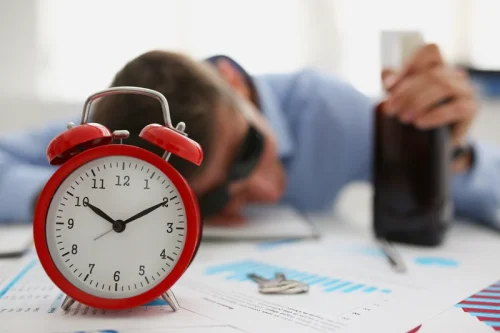
Hyperhidrosis treatment therapies
When people with AUD stop drinking, they will often experience alcohol withdrawal symptoms. These symptoms occur within a few hours or days after the person’s last drink. If you’re a regular drinker and find you’re waking up with night sweats after drinking, it could be a sign of alcohol withdrawal. Alcohol withdrawal symptoms can begin within a few hours of your last drink and last anywhere from a few hours to a couple of weeks. You may find yourself changing your routine to hide your symptoms from others. Constant sweating may be so severe that you avoid common actions, such as lifting your arms or shaking hands.
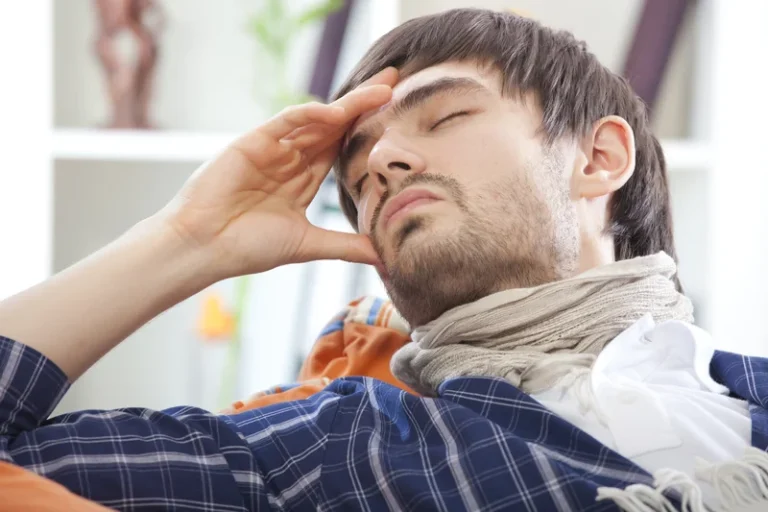
By understanding the connection between alcohol and night sweats and taking the necessary steps to manage it, individuals can effectively address this issue and improve their overall health and well-being. But if you’re one of the 2.8 percent of Americans who live with excessive sweating, known in medical terms as hyperhidrosis, you sweat more than you need to. While we need to sweat to regulate our body’s temperature, there are some ways you can reduce how much you sweat.
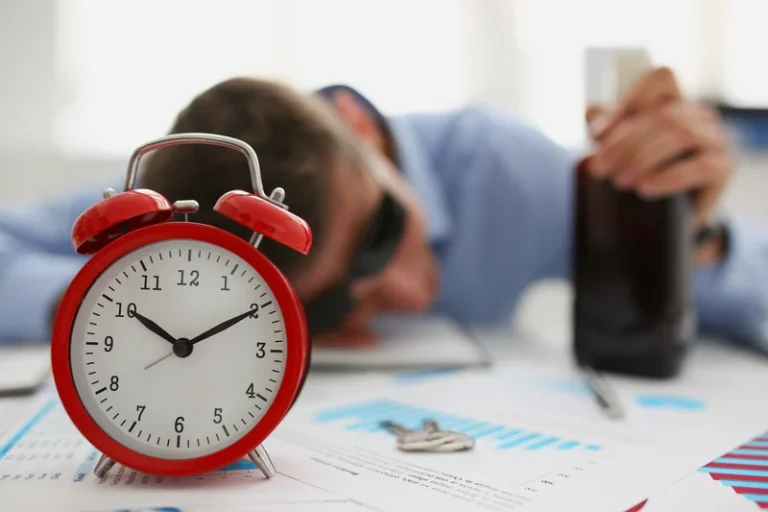
What Are Alcohol Sweats?
At CoffeePlusThree, we’re here to guide coffee lovers of all levels on a flavorful journey. Whether you’re new to brewing or a seasoned enthusiast, our goal is to inspire and educate through expert tips, practical guides, and in-depth articles. From espresso to cold brew, we explore coffee as a lifestyle, not just a drink.
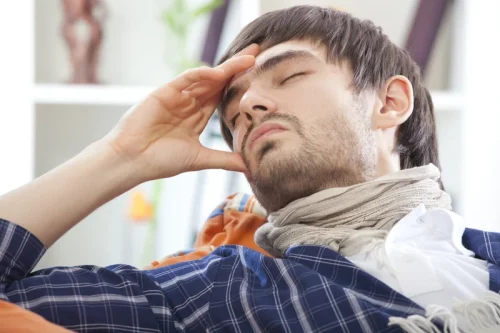
While many people naturally experience a body temperature drop overnight as they sleep, studies show alcohol might actually block this natural cycle when one is intoxicated. This can contribute to alcohol-related insomnia, and be especially bothersome for why do you sweat so much after drinking women during menopause. What alcohol consumption really does is disrupt your ability to regulate your body temperature. This can mean releasing needed heat through sweating, and even blocking shivering when it’s cold, making it harder to warm up.
You feel out of control.
Such home remedies may include staying hydrated and keeping the bedroom at a comfortable temperature. A hangover is the pitiable result of the body not having time to metabolize all of the alcohol quickly enough. Long gone is the pleasant buzz of drunkenness and all that’s left is the bitter poison. And since more than 90 percent of alcohol is processed in the Twelve-step program liver, the tiny bit that leaves the body through sweat, even lots of sweat, wouldn’t significantly reduce overall acetaldehyde levels.
- Stay hydrated Drinking water can help cool the body and reduce sweating, Shainhouse says.
- The first step in preventing alcohol-related night sweats is acknowledging that alcohol consumption is the underlying cause.
- However, as mentioned above, one should be careful when drinking in cold weather.
- In order to reduce body odor due to hyperhidrosis, it is important to keep skin clean and practice good hygiene.
If your hyperhidrosis is caused by a thyroid imbalance or diabetes, it is important to talk to your doctor about treatment options. While exercising can help improve your hangover symptoms, smoking won’t provide any relief. In fact, smoking cigarettes can make things worse by introducing more toxins into your body. This can further aggravate the ill effects of a hangover and exacerbate symptoms like nausea, headaches, and dehydration. Smoking also has an effect on the brain’s natural reward system which is already taken off balance due to drinking too much alcohol. Therefore, it’s best to avoid smoking if you are suffering from a hangover as it could lead to further complications.